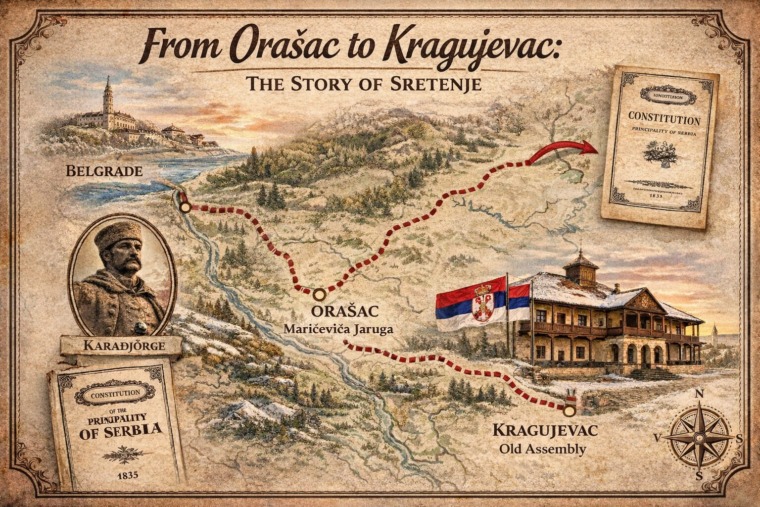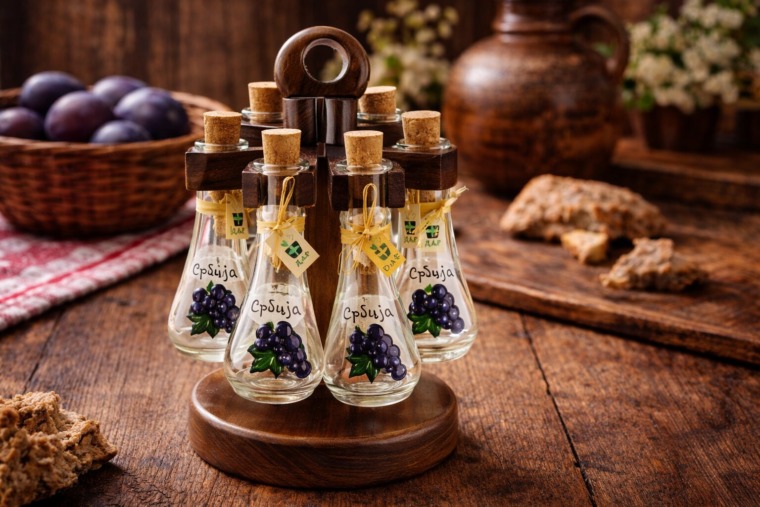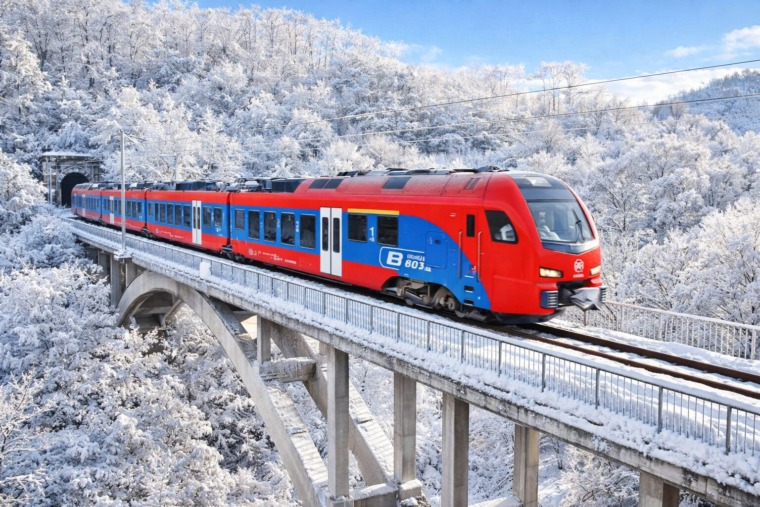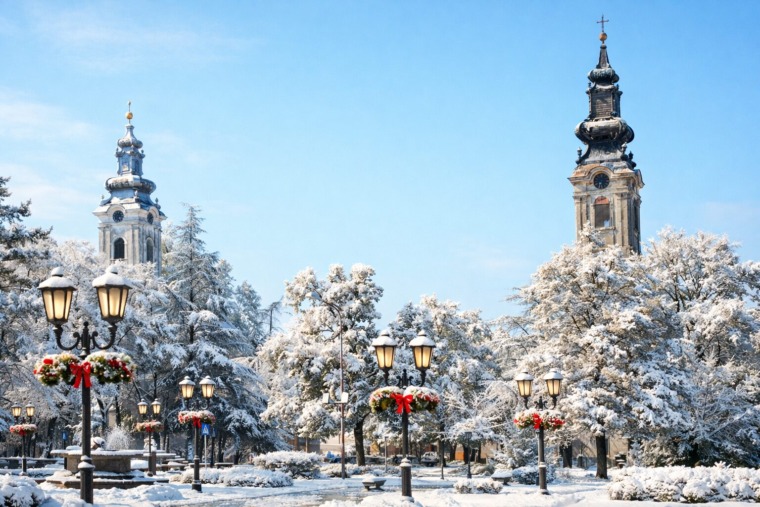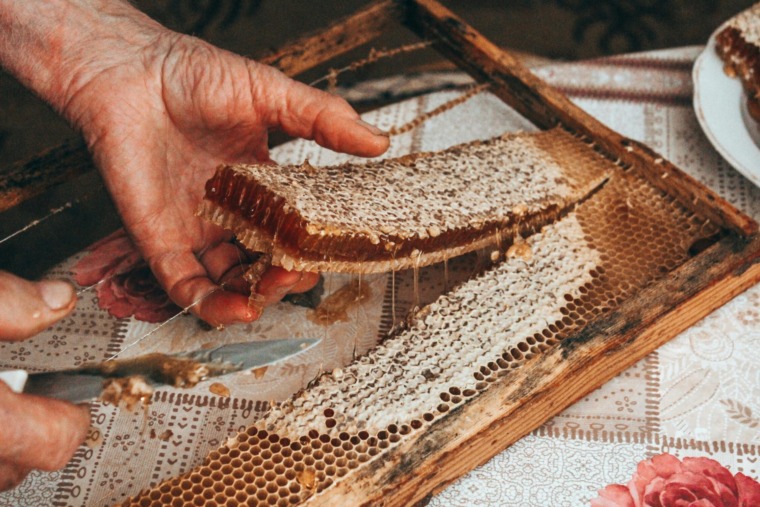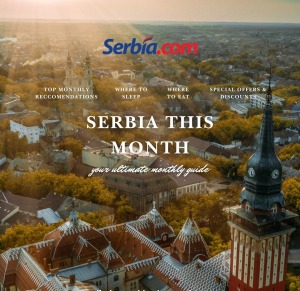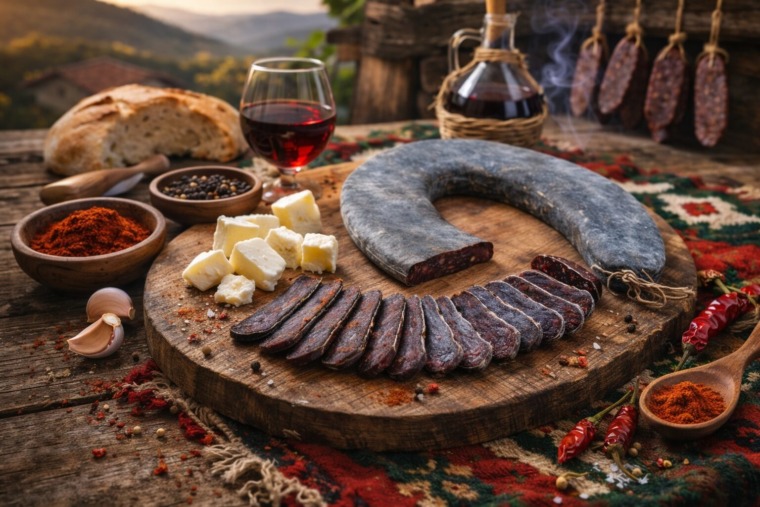
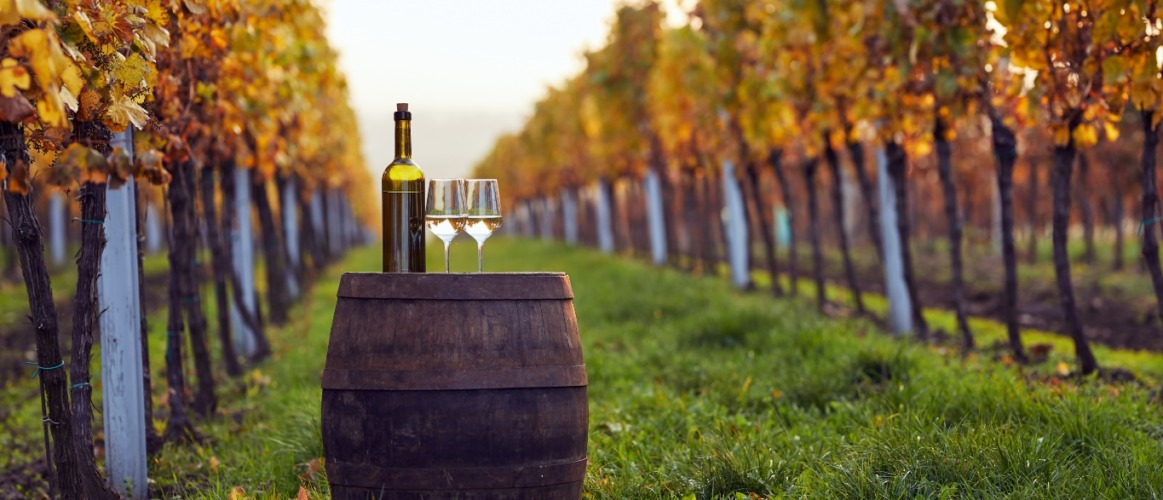
Wine has been part of Serbian culture for more than two millennia. From the times of Roman emperors born on this soil, through medieval monasteries that carefully nurtured vineyards, to today’s modern winemakers, Serbia has built a unique wine tradition. The country is dotted with wine routes, each with its own story, landscapes, and authentic flavors. Following these routes is not only a journey through wine but also through history, culture, and hospitality.
Fruška Gora Wine Route – The Serbian Bordeaux
Fruška Gora in Vojvodina is often called the cradle of Serbian winemaking. With its 17 monasteries and fertile hills, it has been a wine-growing center since the 3rd century. Today, it is famous for Bermet, a dessert wine once served at the court of Maria Theresa and on the Titanic. Visitors can explore boutique wineries, walk through the vineyards, and enjoy Danube views.
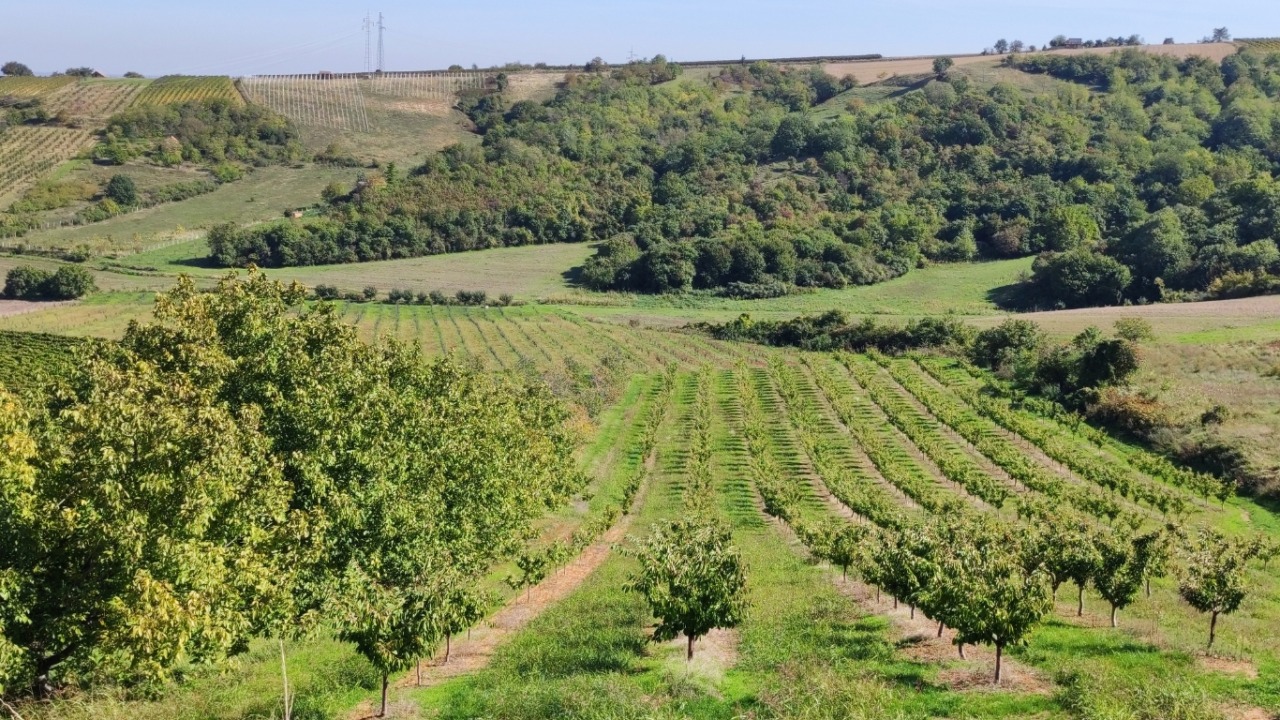
Highlights: Sremski Karlovci, Bermet wine, monasteries of Fruška Gora.
Vršac Wine Route – Where the Sky Meets the Vines
The slopes of Vršac Mountains host one of the largest vineyard areas in Serbia. Wine has been produced here since the Middle Ages, and German settlers in the 18th century brought new techniques. Vršac is famous for light, refreshing white wines and for its traditional harvest festival – “Grožđebal.”
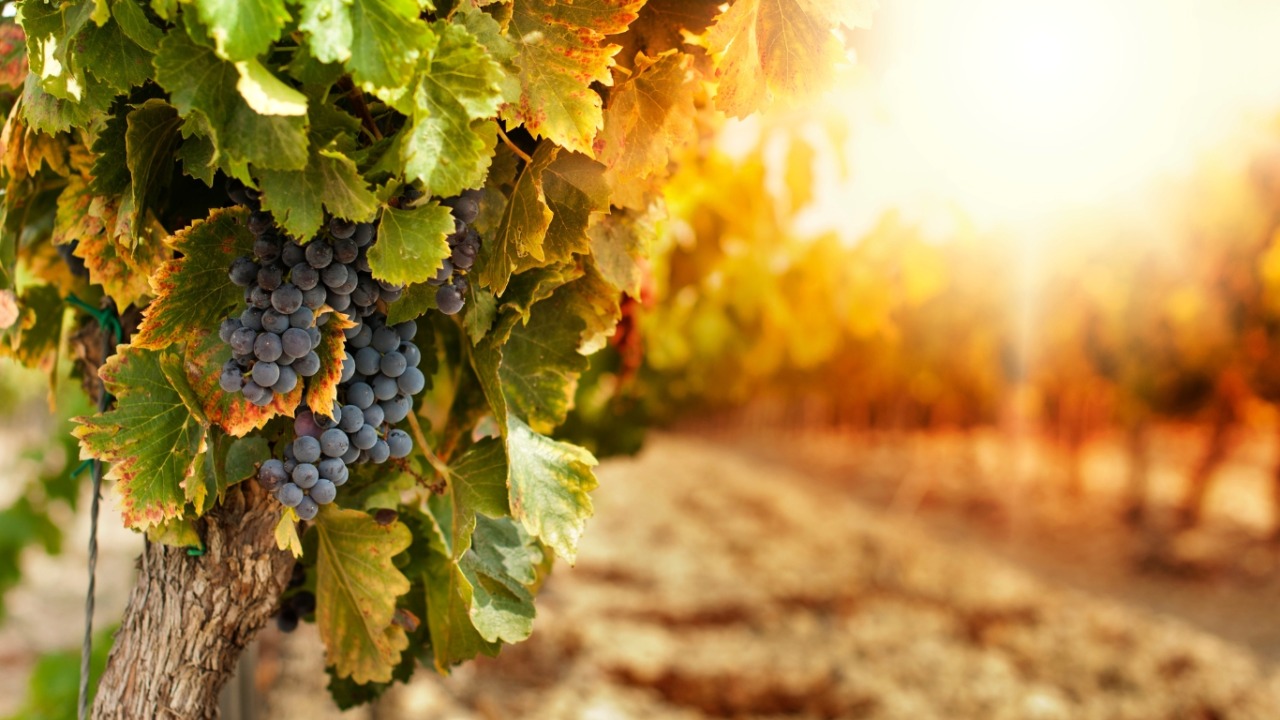
Highlights: Vršac vineyards, Grožđebal festival, wine museums.
Šumadija Wine Route – The Heart of Modern Serbian Winemaking
Šumadija is known as the new face of Serbian wine. In the Oplenac and Topola region, King Peter I planted vineyards at the beginning of the 20th century, establishing a royal tradition. Today, modern wineries such as Aleksandrović and Radovanović proudly carry the torch, producing world-class red and white wines.
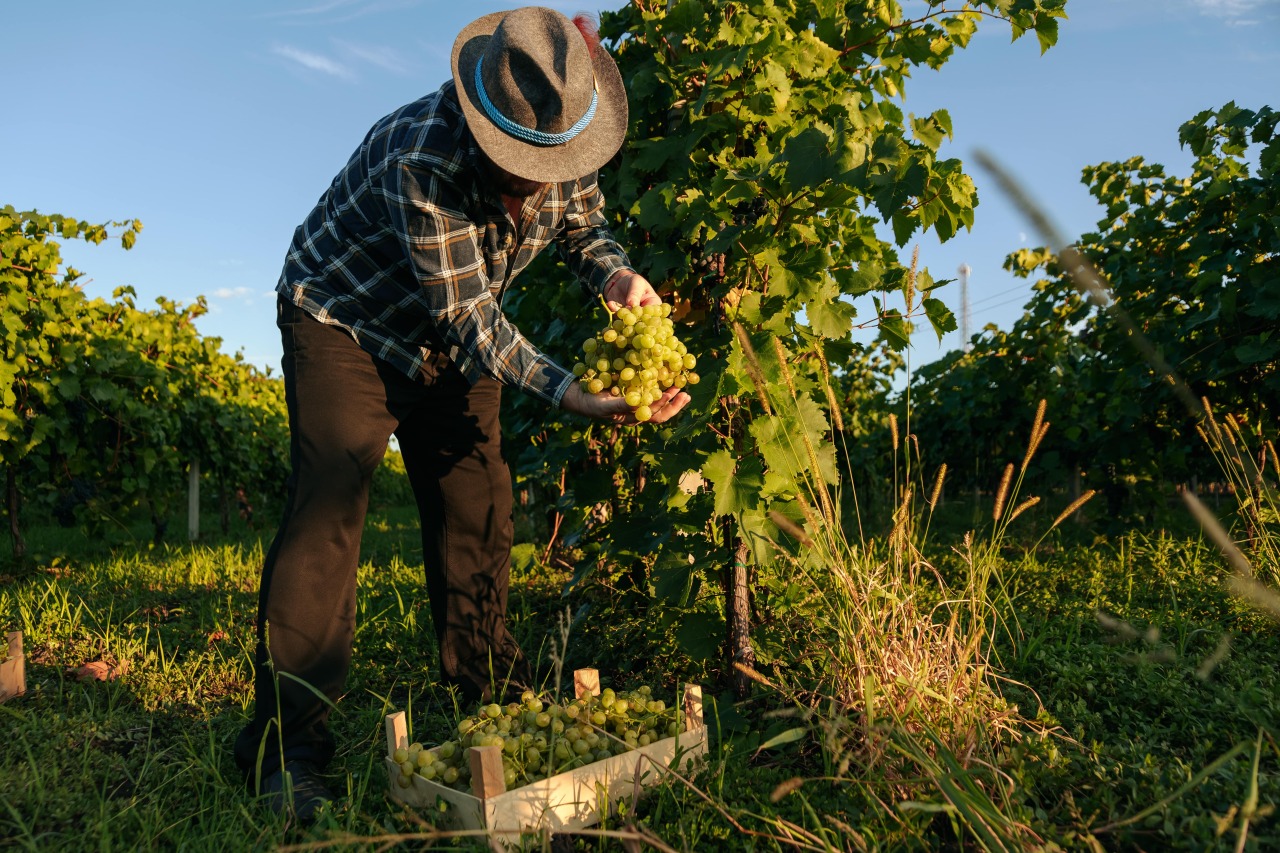
Highlights: Royal vineyards of Oplenac, modern wineries, cultural heritage of Topola.
Župa (Aleksandrovac) Wine Route – The Land of Prokupac
Župa near Aleksandrovac is considered the homeland of Prokupac, Serbia’s indigenous red grape variety. Local vineyards stretch across sunlit slopes, creating strong and characterful wines. The region celebrates this tradition every autumn at the Župa Harvest Festival.
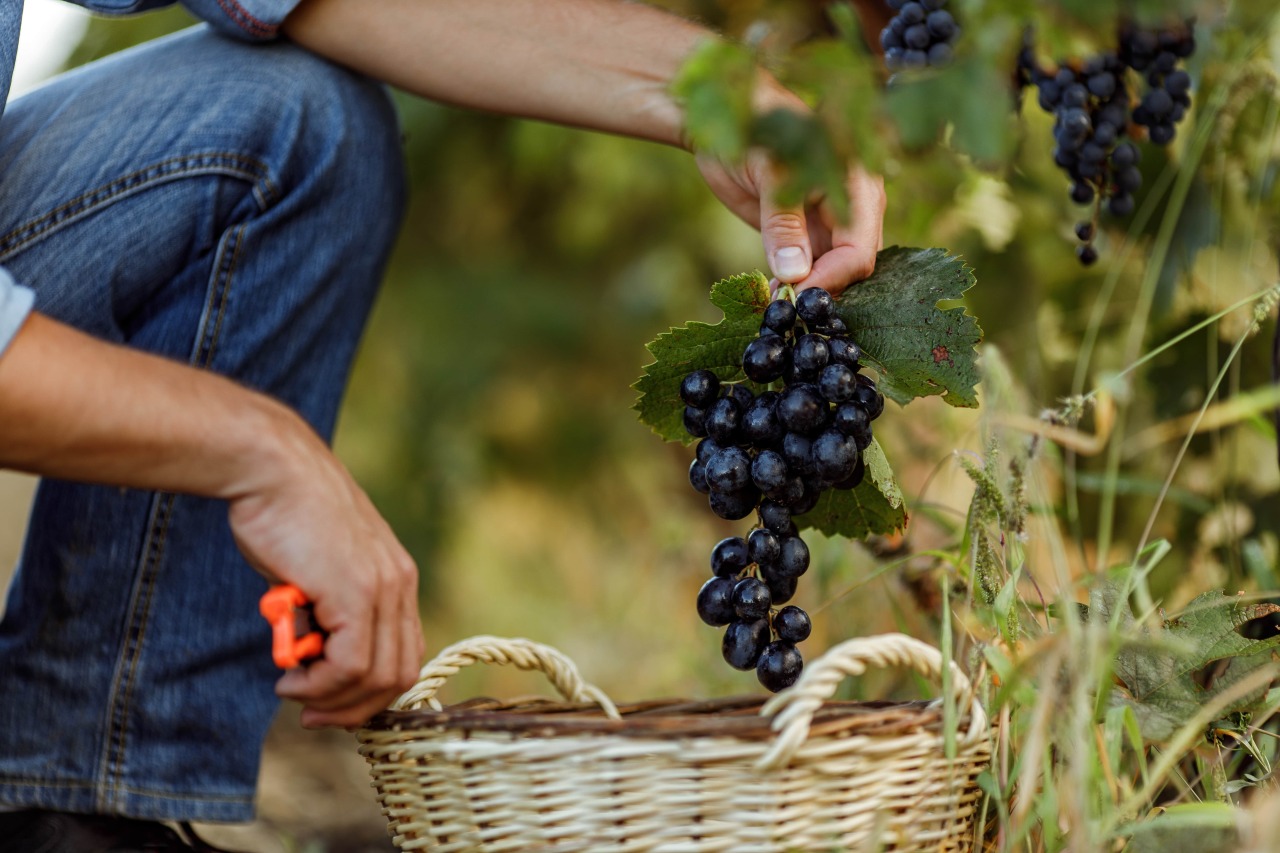
Highlights: Prokupac wine, Župa Harvest, Aleksandrovac wine museum.
Negotin Wine Route – Wine Cellars Carved in Earth
Negotinska Krajina, near the Danube and the Timok River, offers something truly unique – Rajačke pivnice, old underground wine cellars built of stone and earth. This region is also home to Black Tamjanika, a rare and aromatic grape variety.
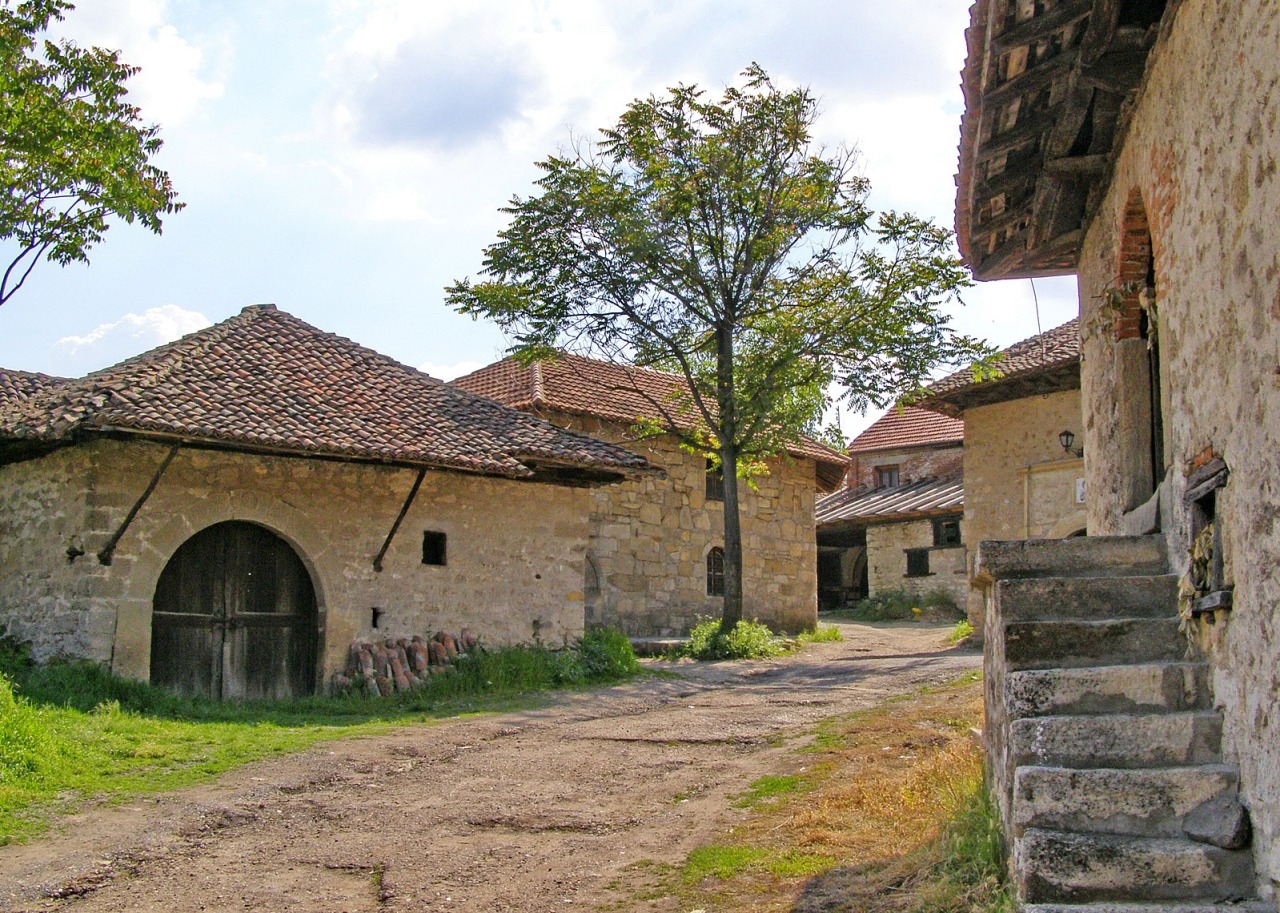
Highlights: Traditional cellars “pivnice,” Black Tamjanika, cultural landscapes.
South Serbia Wine Route – Hidden Vineyards of Niš, Vranje, and Leskovac
Southern Serbia is gradually emerging on the wine map with family wineries producing authentic varieties like Vranac and Žilavka. The sunny climate and rich cuisine make wine tours here a true delight. Niš hosts several wine festivals, combining history with gastronomy.
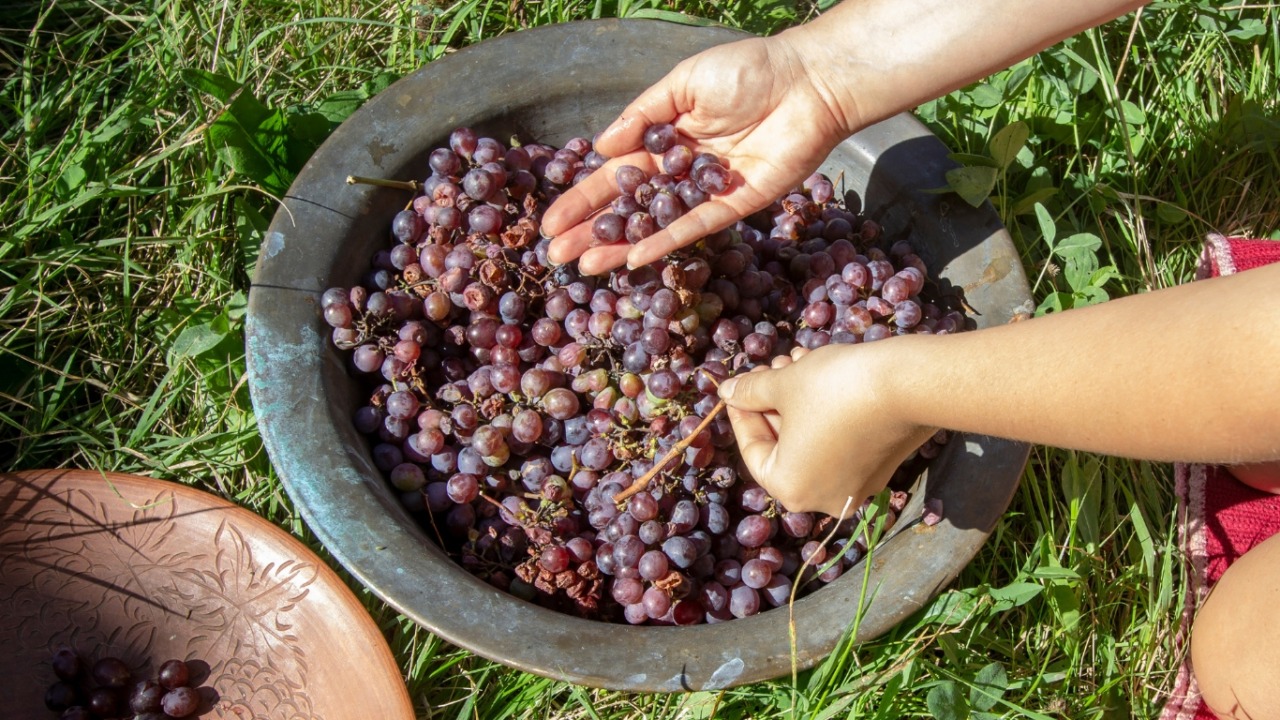
Highlights: Family wineries, southern cuisine, Niš wine festivals.
What to Expect on Serbia’s Wine Routes
Exploring Serbian wine routes is more than tasting wine – it is about meeting passionate winemakers, learning traditional production methods, and pairing wines with authentic Serbian dishes like roast lamb, cheese, and prosciutto. Visitors can join wine festivals, stay in rural households, and walk through vineyards that tell centuries-old stories.
Practical Tips for Wine Travelers
- Best time to visit: Late spring and autumn (harvest season).
- Wine festivals: Grožđebal (Vršac), Župa Harvest (Aleksandrovac), Wine Days (Topola).
- Pairing: Try Bermet with sweets, Prokupac with grilled meat, and Black Tamjanika with spicy southern dishes.
Serbia’s wine routes are a perfect blend of tradition and innovation, offering travelers unforgettable experiences. From Fruška Gora’s Bermet to Župa’s Prokupac and Rajačke pivnice, every route tells a unique story. Whether you are a wine connoisseur or simply a curious traveler, Serbia invites you to raise a glass and discover its flavors.
Related Articles

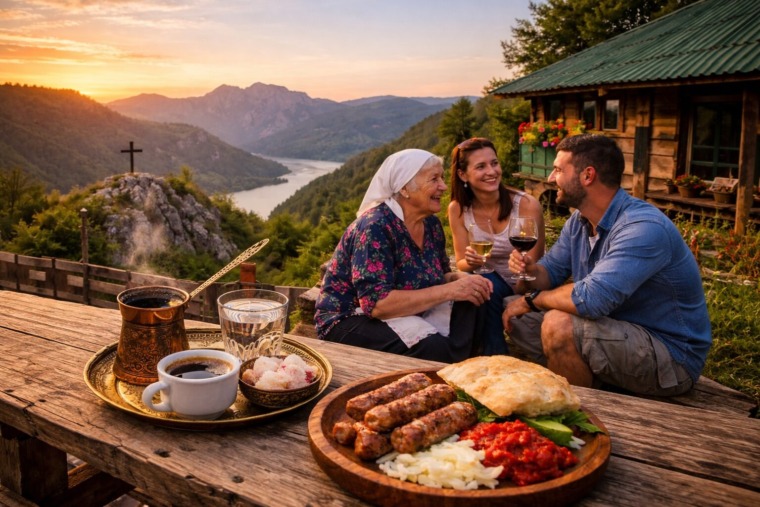
5 Little Things in Serbia That Travelers Never Forget
February 20, 2026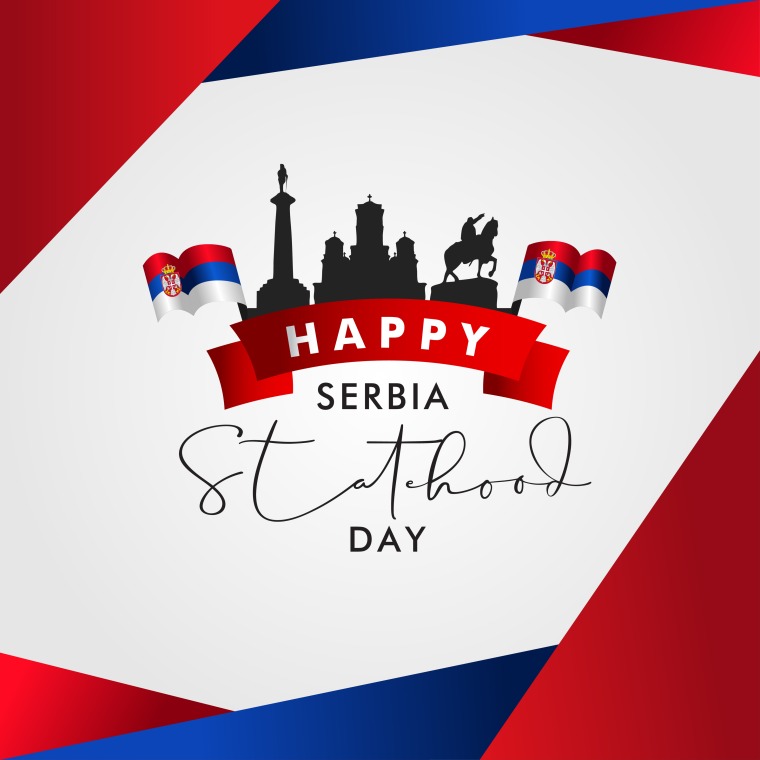
Interesting Facts About Sretenje You May Not Know
February 16, 2026